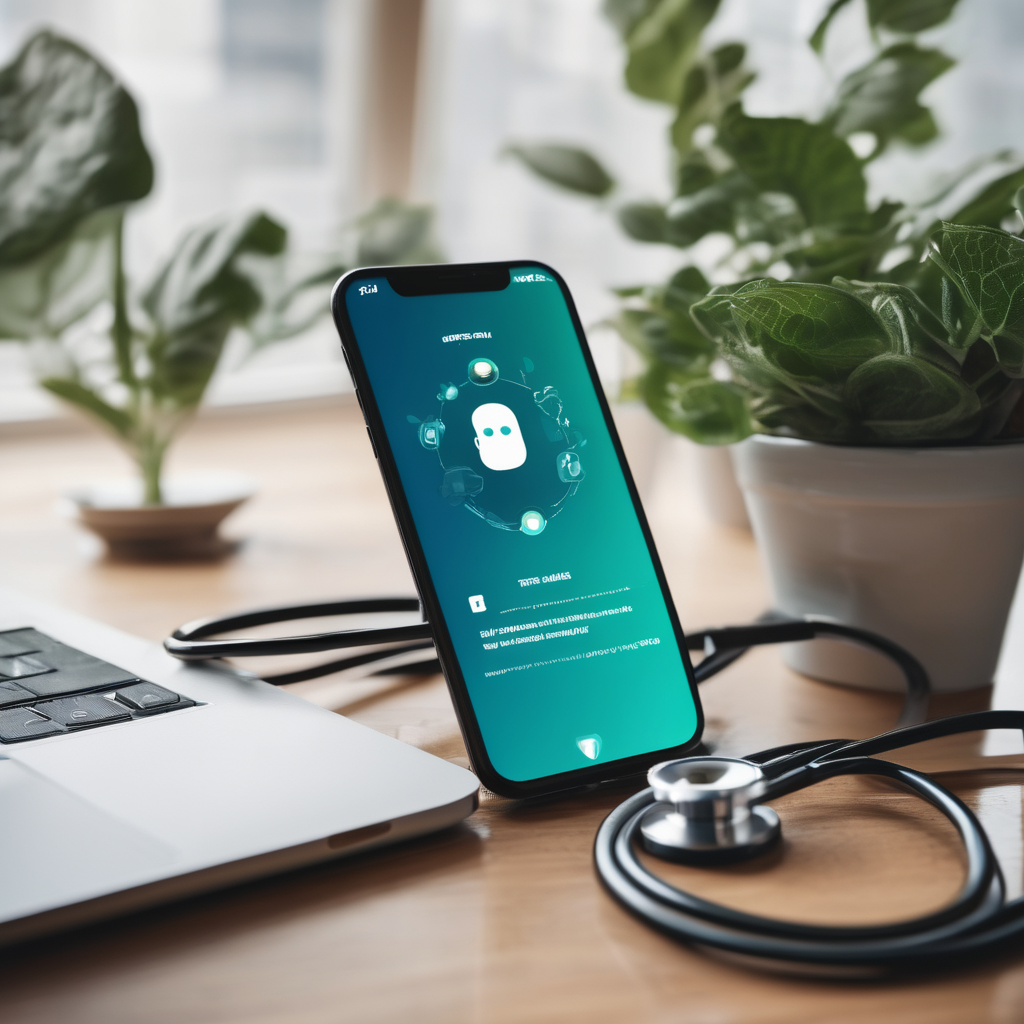As the healthcare sector grapples with mounting pressures—long wait times and insufficient patient interactions—an increasing number of individuals are turning to AI chatbots like ChatGPT for medical information and emotional support. Current statistics reveal that approximately one in six adults, and almost a quarter of adults under 30, utilize these AI tools for guidance on health-related queries. This trend appears to represent a subtle opposition to an overwhelmed healthcare system where timely care feels like a privilege.
This reliance on chatbots isn’t merely about convenience. Many users seek comfort, finding a patient listener in AI that they sometimes cannot access in traditional medical appointments. The interactions often lack the constraints of time and billing codes that burden in-person consultations, presenting a welcoming alternative for those feeling overlooked by the current healthcare system.
The New York Times recently highlighted this phenomenon, prompting readers to share their experiences with AI in obtaining medical advice. The responses revealed a tapestry of frustration where patients waited for months to see a doctor, faced long waits in clinics, or endured rushed visits that left little room for discussion. The AI chatbots, on the other hand, provided a seemingly humane touch, apologizing for discomfort and offering encouragement in a way that felt more empathetic.
Doctors acknowledge the shortcomings of the healthcare system, agreeing that patients’ frustrations are valid. However, there is mounting concern regarding the potential risks of over-relying on AI. While many users express that their AI interactions have better prepared them for in-person consultations—helping them clarify symptoms and ask informed questions—the risk remains that some patients might completely abandon traditional medical advice.
Even though companies like OpenAI and Microsoft stress that their chatbots are not meant to provide medical advice, studies indicate a growing trend where AI tools offer diagnostic suggestions and treatment recommendations, often without necessary disclaimers. A concerning study from Cornell University suggests that the chatbots fail to include important warnings that previously accompanied health queries, regularly suggesting treatments that users should not depend on.
Further complicating the situation, preliminary research from Oxford indicates that individuals utilizing AI chatbots for guidance in medical scenarios correctly identified the next steps—like calling an ambulance—less than half the time. This statistic raises significant concerns about the efficacy of AI in critical health-related decision-making.
As we move ahead, it’s essential to strike a balance between leveraging the benefits of AI, such as accessibility and emotional support, and ensuring that these technologies do not replace the integral role of qualified healthcare professionals. The rise of AI in health care prompts necessary discussions on managing its implications, ensuring that it augments rather than detracts from the human connection that is vital in medicine.
